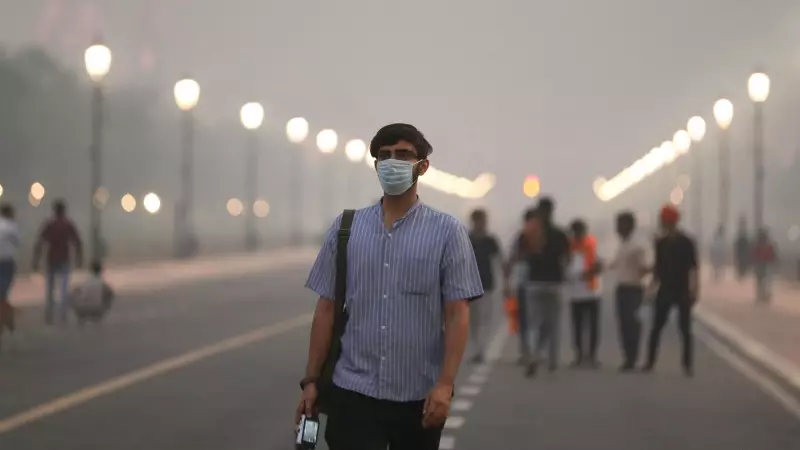
Delhi's air quality has taken a dangerous turn for the worse, with the Air Quality Index (AQI) plunging into the 'severe' category, leaving residents gasping for breath and pointing fingers at a surprising culprit: human ego.
The Viral Accusation That's Got Everyone Talking
A Delhi resident's social media post has gone viral for its blunt assessment of the pollution crisis. "The problem isn't stubble, firecrackers, or vehicles - it's our collective ego," the user claimed, suggesting that the real barrier to clean air is our unwillingness to take responsibility and make meaningful changes.
Just How Bad is Delhi's Air Right Now?
The numbers tell a frightening story. Multiple monitoring stations across the capital recorded AQI levels well above 400, firmly placing the city in the 'severe' category. At these levels, the air poses serious health risks to everyone, not just vulnerable groups.
What Makes Delhi's Winter Air So Dangerous?
- Vehicle emissions continuing largely unchecked
- Industrial pollution from surrounding areas
- Construction dust from ongoing projects
- Meteorological conditions trapping pollutants
- Seasonal agricultural burning in neighboring states
Health Experts Sound the Alarm
Medical professionals are warning residents to take immediate precautions. Exposure to this level of pollution can trigger respiratory illnesses, aggravate asthma, and cause long-term lung damage. Children, elderly citizens, and those with pre-existing conditions are particularly vulnerable.
Is 'Ego' Really the Problem?
The viral post raises an interesting question: are we too focused on blaming external factors while ignoring our own contributions to the problem? The suggestion that "we'd rather debate than act" highlights the political and social gridlock that often prevents effective pollution control measures.
As Delhi continues to choke under a thick blanket of smog, the conversation is shifting from what is causing the pollution to why we can't seem to solve it. The answer, according to one frustrated resident, might be closer to home than we think.





